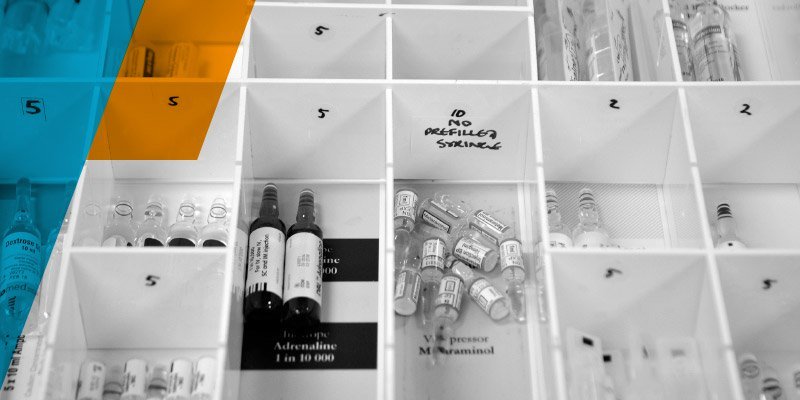A look at New Zealand startup Veriphi’s plan to use tech to drastically reduce medication errors – and save lives

The capital raise has secured more than $720,000 in investment from about 140 people. It needs more than $1.2 million to reach the $2 million mark by the time it closes on Thursday, though it has already surpassed its $700,000 minimum.
Admittedly, that’s a tough high target to reach in such a short timeframe. But the folks behind Veriphi are resolute in their belief that their solution for catching medication errors can save lives.
Basically, Veriphi has developed a laser-based analyser that minimises the risk of death and injury due to intravenous medication errors in hospitals. The proprietary technology automatically verifies the drug identity and concentration as it is compounded or administered, providing greater safety by fitting seamlessly into existing clinical practices. The system works by placing Veriphi’s consumable, containing the drug, in the beam path of the analyser. The laser beam passes through the drug in the consumable, to a detector which compares the drug’s optical signature to those from a known library. The analyser then alerts the clinician if the drug or its concentration is not what was intended.
“To investors, Veriphi represents an exciting commercial opportunity that uses revolutionary technology to address a major, medical issue,’ says Greg Shanahan, managing director and co-founder of Veriphi, and who also happens to be the managing director of the Technology Investment Network (TIN). “The opportunity to help save thousands of lives through the process is particularly rewarding.”
There’s data to back that up. Medication errors are among the most common medical errors, harming millions of people globally every year. In New Zealand, medication errors cost an estimated $158 million each year – which of course pales in comparison to the unnecessary human suffering. A recent 2017 New Zealand study found that 28% of hospital patients studied experienced one or more medication harms.
And it’s worse overseas. In US hospitals, medication errors injure more than 400,000 and kill more than 7,000 people while costing between US$3.5 to US$5 billion a year, according to Institute of Medicine studies. And intravenous (IV) errors are twice as likely to harm patients than from drugs administered via other sources.
Veriphi had its first successful Snowball Effect capital raise in 2016, and since that time has expanded its team of in-house engineers and technicians, refined the technology for commercial manufacture, and commenced hospital trials. It is now on the cusp of its first commercial sales.

“We have had around 60 percent of the capital raised filled by our existing investors and so far, have had over 450 potential new investors express interest through the Snowball Effect platform. The interest we’re seeing from new investors is particularly exciting,” says Shanahan.
Roger Lampen, chairperson of Veriphi, expands on that. “It’s a perfect opportunity for investors to capitalise on the momentum Veriphi has experienced over the past year. The market is ripe for both local and international opportunities and there is huge potential for investors who opt to become part of what’s set to be an incredibly successful and incredibly valuable business.”

Veriphi was recently part of a New Zealand med-tech delegation to the Texas Medical Center in Houston, the largest medical centre in the world. The inaugural delegation, led by Callaghan Innovation, CMDT and MedTech CoRE, was made up of a cross-section of New Zealand med-tech companies and researchers with symbiotic interests.
“Healthcare is New Zealand’s largest technology export market sector currently, and much of that growth is coming from the US market,” says Shanahan. “So, it was great to be in the US talking to potential customers about our solution.”
View the Snowball Effect offer here.





